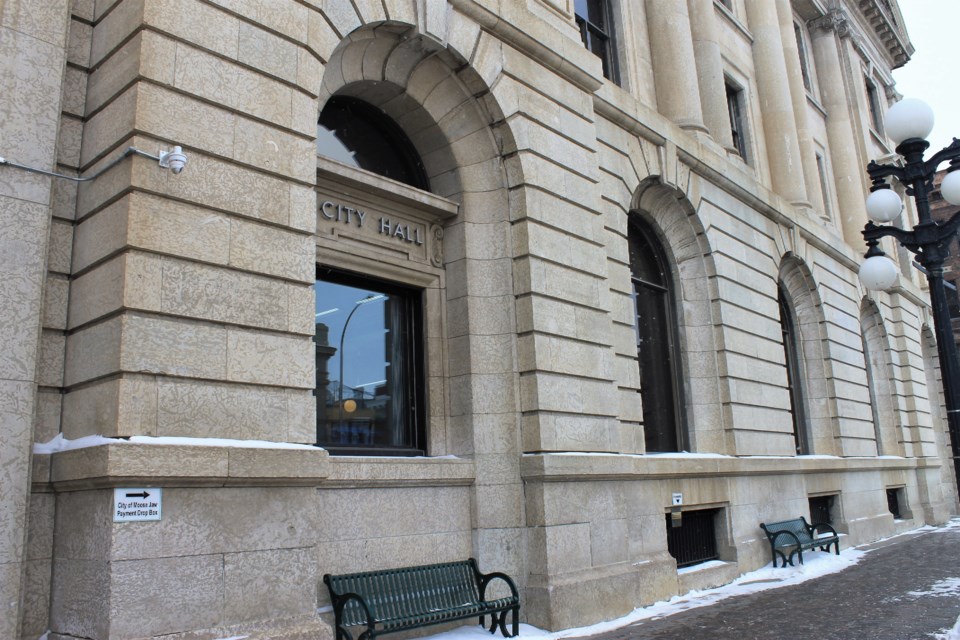City administration plans to undertake a four-year program to replace every water meter with smart technology that would allow officials to shut off delinquent homeowners’ water from city hall.
Municipal officials plan to issue and award a request for proposals (RFP) for a phased-in smart water metering project worth $6.57 million. Each year from 2021 to 2024 will have a budget of $1.64 million.
City hall plans to finance the first phase of the project with a self-funded loan from the municipality’s operating accounts. The loan will be set at 10 years with an annual interest rate of 2.50 per cent compounded semi-annually, with repayment to come from savings that the project is likely to generate. Annual repayments are expected to be $186,680, while total principal and interest payments during those four years are projected to be $1.86 million.
The total principal and interest to be paid from 2022 to 2034 will be $7.46 million, while the total cost savings and revenue generation will be $17.5 million, for a net benefit of $10.3 million, according to a city council report.
Funding of phases 2, 3 and 4 will be through either additional self-funding or directly from water and wastewater reserves. The first phase is expected to start in late 2021 and focus on one-quarter of the city.
During its 2021 budget deliberation meeting on Dec. 17, city council voted unanimously in favour of the project.
Council discussion
“It is definitely something that needs to be done. I guess I’m just trying to wrap my head around how there’s all this money (lying) around,” said Coun. Dawn Luhning. “We are going to ask the citizens to increase taxes again, and then we’re suddenly able to provide a $1.6-million loan over the next four or five years.”
While Luhning understood that using the operating account was easier to fund the project, she was concerned that the project was still going to increase taxes; as of Dec. 17, the proposed tax increase sat at 2.75 per cent.
Since some meters are relatively new, Coun. Heather Eby wondered how city administration would handle those.
City administration would likely make exceptions for those based on age and style, said Darrin Stephanson, director of public works and utilities. Most meters are mechanical, so they start to degrade after five years. However, city hall is looking at solid-state meters that have no moving parts and maintain full accuracy over their lifetime.
This is another way to continue the modernization of the city, said Coun. Crystal Froese. This moves the municipality away from antiquated systems that cost money.
Project background
City administration wants to use funds from operating cash flows since the interest rate on that money decreased during the pandemic to 0.85 per cent from 2.35 per cent, said finance director Brian Acker. The municipality still has enough money to cover its daily cash-flow requirements even when pulling money from this account.
The operating account is city hall’s main operating fund into which all revenues flow and from which it pays the bills, Acker explained. This money isn’t coming from the capital fund since any remaining capital money is deposited into the medium- and long-term investment portfolios.
This project is expected to see annual savings and additional revenue of $500,000 to $750,000, while an extra $250,000 in operational savings — less personnel will be needed to read meters — are also expected, Acker’s council report said. City hall expects to see payback in less than 10 years.
“Our existing system is very labour intensive. It takes persons to go read the meters,” said city manager Jim Puffalt. “With the new system, we can turn off the water at city hall if people don’t pay their bills.”
The next budget meeting is Monday, Dec. 16 at 3 p.m.




